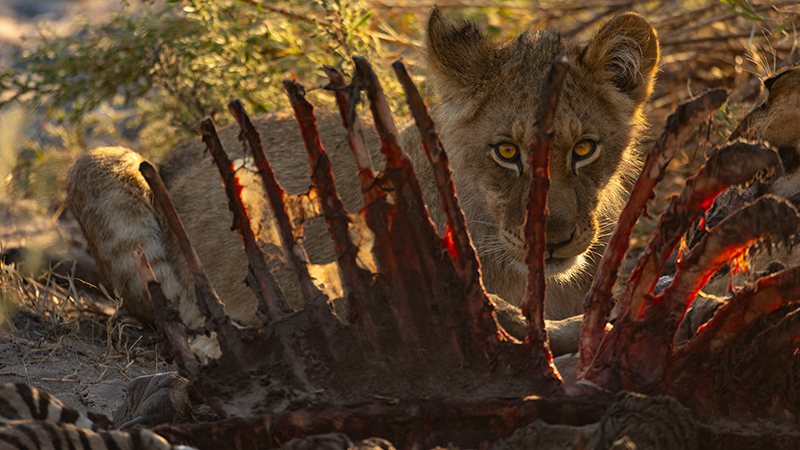
By Caden Connelly
The white minibus pulled into the crowded bus rank as the afternoon sun glared overhead. My face pressed against the window, I tried to take in all the sights of this new found metropolis. The "bus rank" or what Americans would refer to as a bus station, sat surrounded by shopping malls and streetside shacks where people sold goods or gathered to play pool. Along the rows of loading zones people sat and socialized or waited for their bus to arrive. There was no set time table, yet the bus companies, often owned and operated by a driver with just one bus in his fleet, seemed to stick to a repetitive schedule. No two buses were the same. Parked in front of our vehicle sat a well painted charter bus, purple velvet curtains protecting from the sun as it glared through dust covered windows. To our right, a rusted silver minivan with aftermarket rows of seating, trying to fit as many passengers as possible. Children sat on laps and families pressed themselves together in a single row. I rode into town in a vehicle that was a little more like the latter. With my knees pressed to the seat in front of me, I sat shoulder to shoulder with the stranger, impatiently waiting for my turn to get off. The bus smelled of fried foods as people began to unwrap their long awaited lunch. I couldn’t help but to stare, out of hunger and curiosity, as I watched the family next to me rip open a package of Saran wrapped chicken. The constant thump of Afrobeats played over the bus's stereo system as we jockeyed for a parking space. Walking among the buses, women carried baskets selling fruit, food, or clothing. Families ran across the bus rank with overflowing grocery bags and men in flip flops lugged 40-pound sacks of maize meal on their shoulders. I stepped off the bus, grabbed my two backpacks from the trunk and worked my way through the crowd. I had spent the previous month exploring the neighboring country of Namibia and the last six days at a research camp in Ghanzi, Botswana. The busy crowds and boisterous conversations had become familiar, but I couldn’t wait for the solitude offered only by an extended stay in the bush, away from any hope of cell service or cement.
As I removed my down jacket and attempted to stuff it into my overfilled backpack, a young woman approached and introduced herself to me. Her name was Glory, she worked for Okwa Sarefo, the guide and owner of the safari company I would spend the next two weeks exploring the Okavango Delta with. The employee slated to meet me at the bus rank upon my arrival, Glory wore a green cap and a white crew neck sweater. Her face lit up with a genuinely kind smile as she helped me collect my bags. We found a shaded area to sit and wait for Okwa, who would drive me to the guest house. Glory, who had just started working for Okwa, checked her phone nervously, waiting for him to arrive. To pass the time, we talked about her experience as a new member on the staff. I learned she was scheduled to join us for our two weeks in the bush. Growing up in Botswana's capital city of Gaborone, she had little experience outside of the city. Okwa hoped she could use this trip to learn what his safari company, Okavango Walking Safaris had to offer, and to help her better serve future customers. Both of us, not knowing what to expect of our time in the bush, laughed about the possibilities. Before long she pointed through the crowded stalls of the bus rank and said, relieved, "There’s Okwa." Weaving between the cars was a man whose stature and style were nearly identical to my father's. Standing no more than five foot and seven inches, he wore a stocking hat and sunglasses, a black quarter zip and grey cargo pants. He looked almost out of place in his outdoor gear and heavy boots, starkly contrasted by groups of people wearing flip flops and brightly colored shorts as they navigated the city. Around him tiny Honda taxis honked and swerved, picking up handfuls of customers in the afternoon sun. When he spotted us, he adjusted his course across the lot and extended a firm handshake. I had heard stories about Okwa over the past two years. Regarded as a legend by everyone I talked to, I was both intimidated and excited to spend the next two weeks exploring the Delta with him. Following a brief introduction, we loaded my bags into a beautiful grey Land Cruiser and set off towards the guest house.
Read Caden's entire story and see more of his images at
https://snr.unl.edu/aboutus/what/newstory.aspx?fid=1190